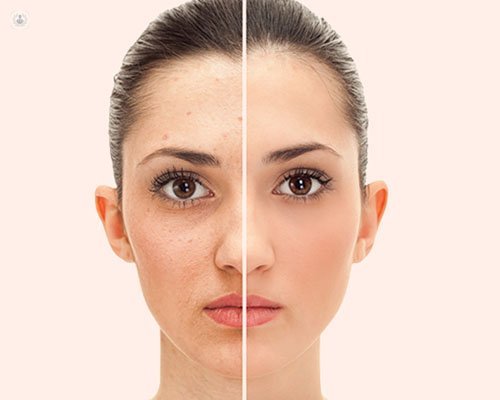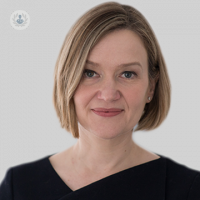How facelift is becoming the preferred cosmetic procedure over botox
Written by:The number of people choosing to have cosmetic surgery is steadily increasing, with an approximate increase of 13% of men and women choosing to have facelift surgery according to the cosmetic surgery audit carried out by the British Association of Aesthetic Plastic Surgeons (BAAPS).
Here we look into the reasons why more people are choosing surgery rather than dermal fillers such as Botox.

Facelift: what does it mean?
A facelift is a popular form of facial rejuvenation surgery, and is a collective term for a number of techniques. These techniques target different areas of the face, and all aim to tighten the soft tissues of the face to restore youthfulness. Most forms of facelift act on skin laxity, underlying muscle laxity, tissues and ligaments.
Why choose facelift over Botox?
Nonsurgical options don’t always deliver the desired results. Many patients that visit their consultant facial surgeon have already tried many non-surgical techniques such as dermal fillers.
Although these kinds of treatments do not have many downsides, surgery is still often seen as the most successful treatment for delivering natural-looking results. Non-surgical treatments often require a long-term commitment for patients, such as having to go back for repeat treatments.
How long does Botox surgery last?
The results for a treatment such as botulinum toxin (Botox) last on average three to six months. This means that if patients want to maintain the results received after treatment, they will have to keep returning for repeat treatments.
With surgical procedures such as facelift, this is not an issue, and once the procedure has been carried out, including the recovery and healing period, the results are permanent.
Surgery can prove to be the cheaper option in the long run, especially for patients who choose to have repeat dermal filler treatments. Surgery is widely being seen as more acceptable than it used to be.


